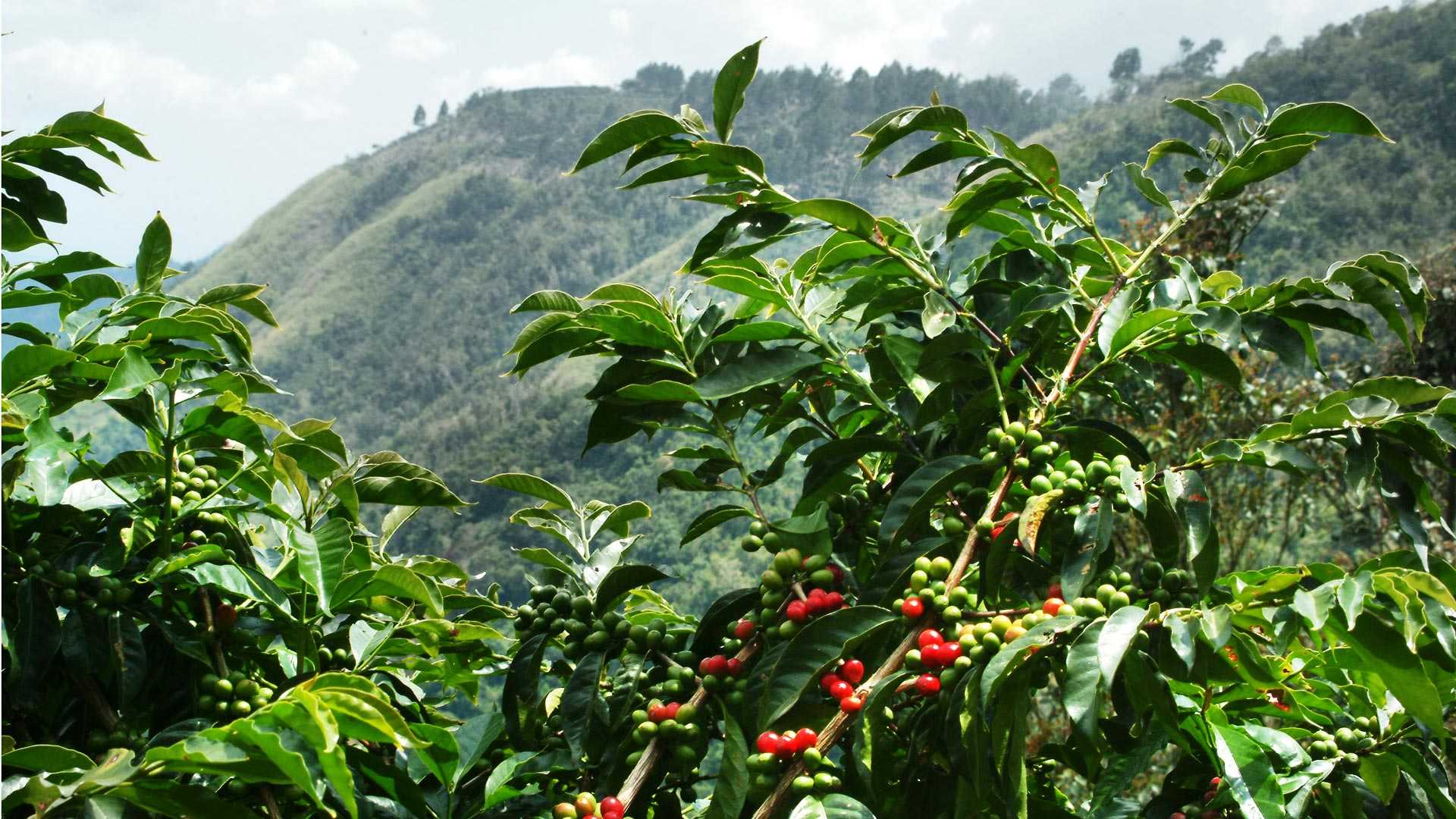From friends meeting over cappuccino in the local café to students pulling all-nighters, we humans count on coffee to put zip in our lives. And around the world, from Brazil to Ethiopia to Vietnam, small farmers depend on the aromatic bean for a livelihood.
But a warming climate could stir up the coffee world.
Changes in temperature and rainfall may reduce coffee production in some areas, while making new places suitable for the crop. Climate change could also affect bees that pollinate the bushes that produce the little red beans that jolt millions awake in the morning.
There’s some good news for coffee lovers, though: maintaining healthy forests near those crops could help keep the buzz in your morning joe, according to a new study.
“At a time when agricultural production is threatened by climate change, the ecosystem services provided by forests—in this case, pollination—can help farmers cope and adapt,” says Bruno Locatelli, an expert on ecosystem services and climate change adaptation at the Center for International Forestry Research (CIFOR) and a co-author of the study.
Other studies have shown that climate change is likely to affect agriculture. Some farmers may have to shift crops to higher ground, while others may need to change to other products that are more suitable to their new growing conditions.
But few studies have examined the combined impacts of climate change on crops and the ecosystem services important to farmers, says Pablo Imbach, a climate and ecosystems scientist at the International Center for Tropical Agriculture (CIAT).
While people generally associate forests with ecosystem services such as maintaining water quality or moderating temperatures, their role as a home for bees often flies under the radar, Imbach says.
“We wanted to take a different approach,” he says. “Our idea was to look not only at how conditions suitable for coffee crops might change with climate change, but how that would couple with changes in ecosystem services—pollination services, in this case.”


















